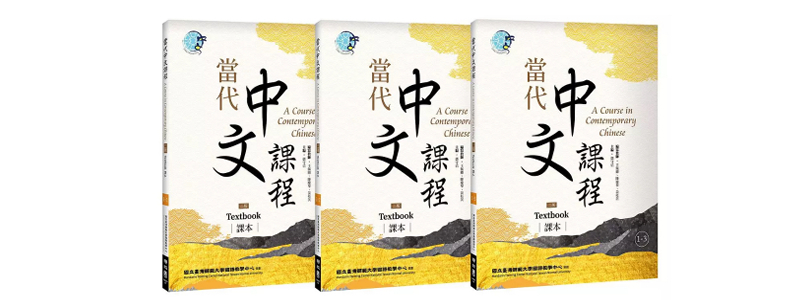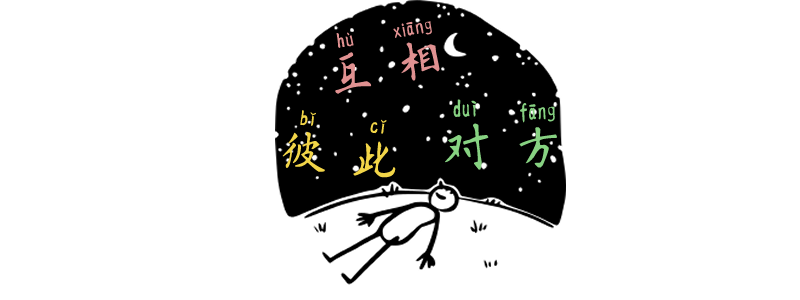There’s a small menu in the bottom right corner where you can choose how you want to review. Options include:
Author: tiffany
Chinese Recipe – Taiwanese Braised Pork
滷 肉卤 肉 lǔròu Taiwanese braised pork, or 滷肉卤肉 lǔròu, is a beloved comfort food that defines Taiwanese home cooking. This rich, savory dish features tender pork belly slowly simmered in soy sauce, rice wine, and aromatic spices until it becomes melt-in-your-mouth perfection. Traditionally served over steaming white rice as 滷肉飯卤肉饭 lǔròufàn, this iconic dish…
B1 L10 Vocabulary and Practice
There’s a small menu in the bottom right corner where you can choose how you want to review. Options include:
B1 L9 Vocabulary and Practice
There’s a small menu in the bottom right corner where you can choose how you want to review. Options include:
B1 L8 Vocabulary and Practice
There’s a small menu in the bottom right corner where you can choose how you want to review. Options include:
B1 L7 Vocabulary and Practice
There’s a small menu in the bottom right corner where you can choose how you want to review. Options include:
B1 L6 Vocabulary and Practice
There’s a small menu in the bottom right corner where you can choose how you want to review. Options include:
B1 L5 Vocabulary and Practice
There’s a small menu in the bottom right corner where you can choose how you want to review. Options include:
Synonym of Each other in Chinese
Before we start, let’s have a small quiz. Do you know which one is incorrect? A 我們wǒmen喜歡xǐhuān互相hùxiāng我们wǒmen喜欢xǐhuan互相hùxiāng B 我wǒ喜歡xǐhuān彼此bǐcǐ的de個性gexìng我wǒ喜欢xǐhuan彼此bǐcǐ的de个性gexìng C 你nǐ為wèi對方duìfāng做zuò了le什麼shénme你nǐ为wèi对方duìfāng做zuò了le什么shénme 對对方 duìfāng – the other person, the other side 📌 Actually, 對对方 duìfāng doesn’t mean “each other” at all in English, but since so many students confuse it with 彼此 bǐcǐ and 互相 hùxiāng, I decided to include it…
B1 L4 Vocabulary and Practice
There’s a small menu in the bottom right corner where you can choose how you want to review. Options include:


